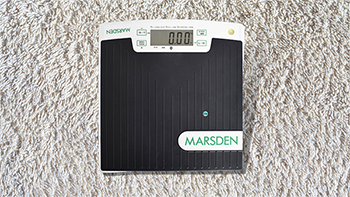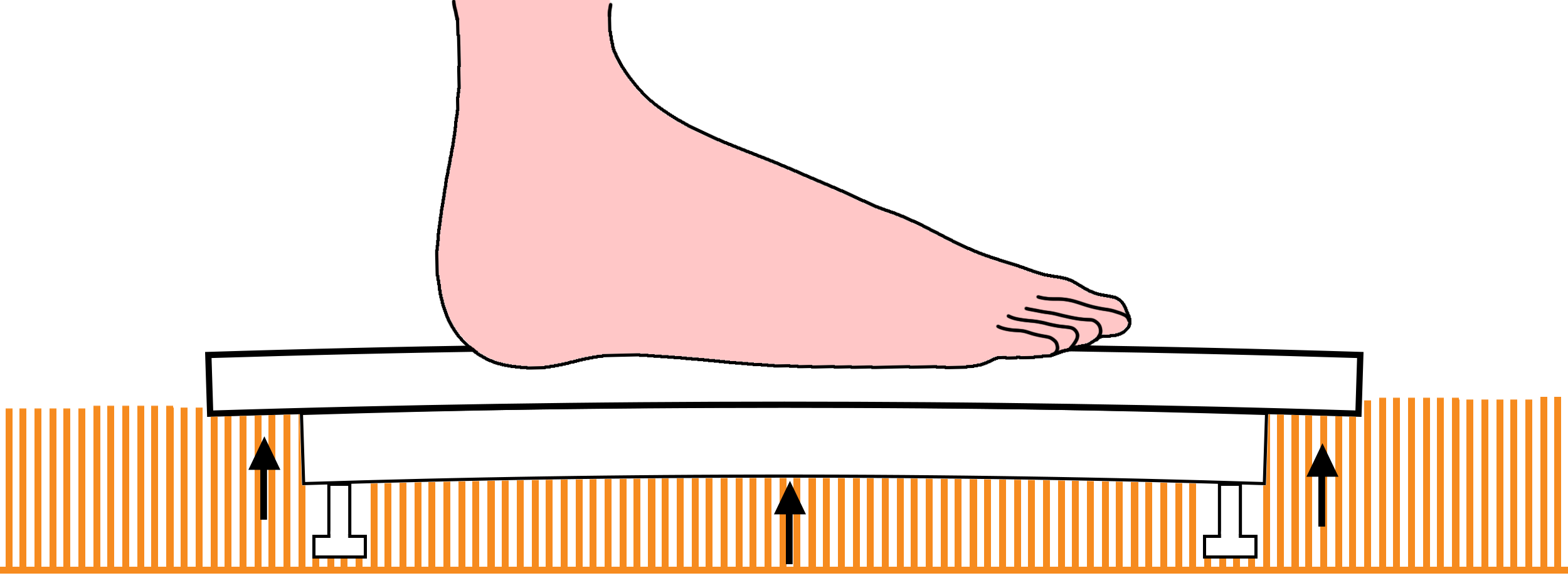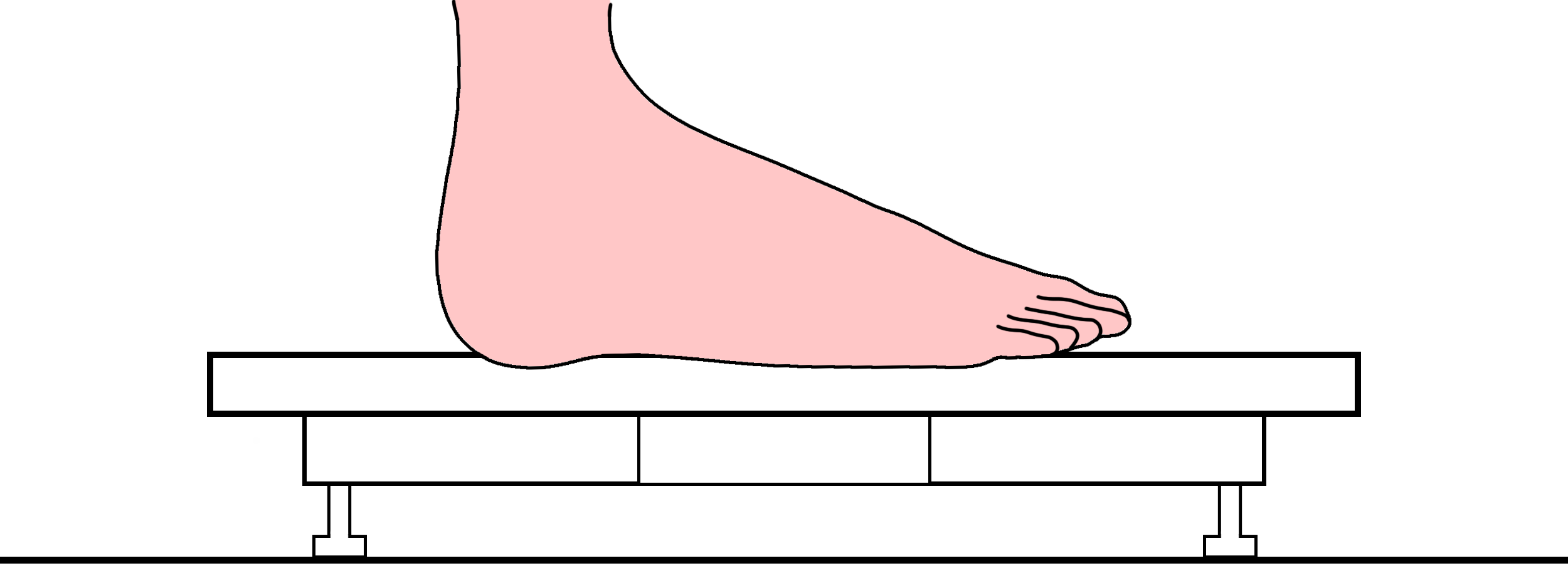Why Do I Weigh Less on a Carpet?

Pictured above: Marsden M-420 Digital Portable Scale
It’s a common misconception that you can place a scale anywhere and works fine, but this is not true. In fact, there are incorrect ways to weigh yourself. One of these is placing your scale on a carpet. We intend to cover the issues with this and offer suggestions to make your weighing more accurate.
In a previous blog post we explained how weighing scales work, and here we examine why your weight might appear different when weighing on a carpet versus a hard floor.
How Does a Weighing Scale Work?
Mechanical and digital scales work differently, but digital scales are generally agreed to be the most accurate of the two. Marsden specialises in digital weighing scales.
There are four different types of load cells used in digital scales: strain load cells, pneumatic load cells, hydraulic load cells, and capacitive load cells. Each load cell is designed for different industries. For example, pneumatic load cells are ideal for industries that require greater safety and cleanliness.
Although this varies depending on type of scale and scale manufacturers, Marsden floor scales have four load cells for accuracy. These are placed beneath the scale surface and beneath them are the four feet (one in each corner) to stabilise the scale.
When someone stands on the scale their weight will cause the load cell to bend downwards. This new resistance is converted into an electrical signal, which provides an accurate measurement.
Why Do I Weigh Less on a Carpet?
If a scale is used in a carpeted area, the danger is that the weighing scale can sink into carpet - and this can cause weight readings to be inaccurate. The scales that are most at risk are low profile scales, such as bathroom scales.

Low profile scales are an issue because long carpet can push up against the underside of the scale.
This upward force on the scale pushes up against the load cells inside. As discussed, it is the downward bend of the load cell that is used to determine weight so the upward thrust would minimise this bend.
This will result in you weighing less than you would if you were to weigh yourself on a tiled or stone floor.

As you can see in the image above, there’s no upward force on the underside of this scale to contradict your weight. Therefore it can provide an accurate reading.
BBC found that their subjects weighed up to 10kg less when weighed on a carpet compared to a flat floor.
Is It Also Possible to Weigh More on a Carpet?
According to a physicist at the University of Cambridge, it’s also possible to weigh more on a carpet. For mechanical scales the carpet acts like a cushion, which prevents the scale from bending. This increases the distance between the fulcrums and, therefore, increases the recorded weight for the scale.
This is less common with digital scales such as the Marsden M-430 Floor Scale.
Is There a Way to Get an Accurate Scale Reading On a Carpet?
Unfortunately some people don’t have the option to weigh on tiled floors. We’ve seen many suggestions of using a flat wooden plank placed under the scale as an option to counteract this issue. However this does not always work.
For Marsden customers, many of our scales come with adjustable feet. The easiest way to resolve this issue is to extend the feet to the point where the carpet can no longer cause an issue.
Discover a range of quality floor and stand on scales, and scales for home use designed and manufactured by Marsden Weighing.
Further Reading
Why can using standard low-cost bathroom scales result in misleading weight readings? Find out 5 reasons why bathroom scales are misleading in this blog post.
Everyone knows that bathroom scales are inaccurate, but just how inaccurate are bathroom scales? In this blog post we compared cheap bathroom scales to our medically-approved floor scale and the results were impressive.
For accurate and reliable scale readings, take a look at our range of medically-approved floor scales.